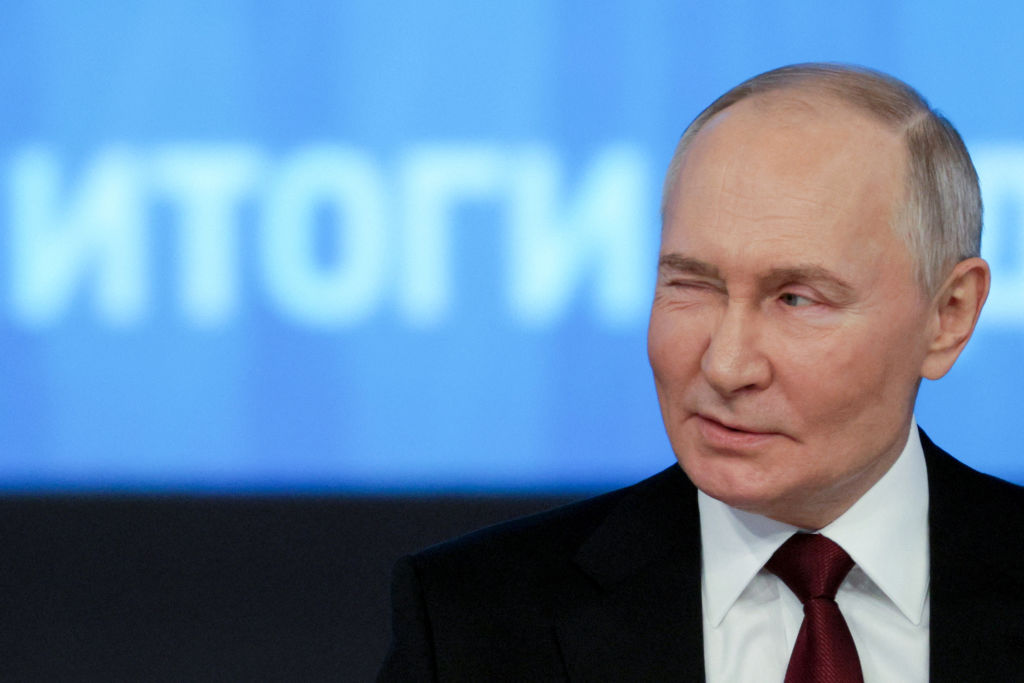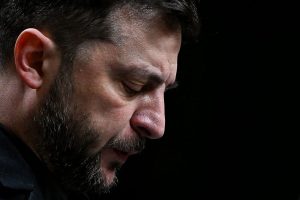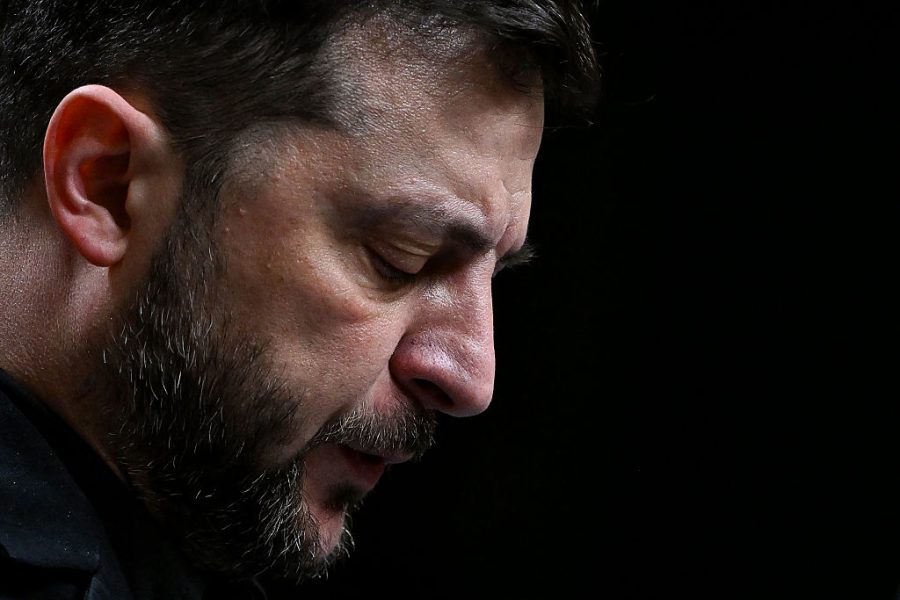Every year, Vladimir Putin gives a marathon town hall event that lasts for hours. Every year, I feel compelled to watch. Every year, I wonder if it will be the last time I do, as these have become increasingly formulaic, but there is always something in them that rewards watching. (Or so I tell myself.)
It was briefly tempting to write this ahead of time, because by now the format and content has become thoroughly predictable
Originally, there were two such events a year: a mammoth end-of-year press conference and then “Direct Line,” a kind of online town hall at which Putin addresses a selection of questions (more than 2 million this year) posed by ordinary Russians. Of course, the questions and questioners are carefully chosen, but even so, there was the scope for occasional surprises and embarrassments. Putin himself seemed increasingly pained by it, so since last year, the two events have been merged into “A Year in Review with Vladimir Putin, “that this year lasted four and a half hours.
This ritual has three purposes. First of all, it is a symbolic engagement of monarch and subjects. The czars had their Petitions Office, to which any Russian could send their pleas. The Communist Party’s Central Committee fielded millions of letters, requests, denunciations and complaints from across the USSR. Today’s Russia has streamlined and limited the process, even while making it a public spectacle. To this end, the event is leavened by the regular injection of video appeals from ordinary Russians, such as the young couple from Krasnodar unable to get a family mortgage, or the pensioner whose Gosuslugi government services account was hacked so that she is now saddled with an illegal loan. Putin gets to express outrage, distancing himself from his own state apparatus, seeking to preserve the old myth that all the nation’s woes are the fault of the “bad boyars” — selfish or stupid aristocrats or bureaucrats — rather than the “good czar.”
The second purpose is to elevate Putin as the supremely competent CEO of the nation, with all the facts and figures at his fingertips, from Soviet grain exports in the 1980s to the traffic bottlenecks outside the resort town of Adler. Of course, that doesn’t necessarily mean that all those facts are right. He claimed, for example, that Russians’ disposable incomes increased this year, whereas even the official statistics suggest that they seem to have fallen by at least 20 percent.
Finally, it is an exercise in signaling. For Russians, the message was simple: everything is fine. The war is going well enough. The economy (despite inflation, the weakness of the ruble, and the tight labor market) is stabilizing. Rising food prices are because Russians are eating more meat and drinking more milk. Russians need to have more children. Syria was not a defeat, and most Syrians want Russian bases to remain there.
For Ukraine, it was a restatement of his existing positions. He claims he is happy to “compromise” and wants not a temporary ceasefire but a long-term peace with Ukraine — but that he would only sign one with a “legitimate” leader. To Putin, this doesn’t mean Volodymyr Zelensky, though, unless he wins a renewed electoral mandate, or would be the speaker of the Ukrainian parliament.
So on the one hand, he was trying to present himself as an earnest peacenik compared with an untrustworthy Ukrainian leadership, but at the same time there was the usual belligerent posturing. Referring to the recent use of the new “Oreshnik” missile, he tongue-in-cheek proposed a “duel”: the West could pick any target in Kyiv and protect it with all its defensive systems, but his missiles would still hit it. He wasn’t being serious, but he knew full well that this was a satisfying morsel of red meat to his “turbo-patriots” and a line destined to be run on western TV news.
Let me make a confession: it was briefly tempting to write this ahead of time, because by now the format and content has become thoroughly predictable. Nonetheless, there are always some Easter eggs and inadvertent revelations scattered across the four or so hours of the event. When asked “are we close to victory in Ukraine?” for example, he evaded, replying simply that “Russian soldiers are fighting for Russia, for the homeland. They are heroes.” He knew better than to give a hostage to fortune with a date. There was also some room for mischief, such as his suggestion to the BBC’s Steve Rosenberg that Russia would be happy to partner with the UK, were it willing.
Yet in fairness, for all that this has become an exercise in smug banality, it is an impressive display of stamina, and while Putin is presumed to be being fed the details and statistics he is prone to reel off through an earbud, the concept, an extended examination of the issues of the moment and an interrogation of the nation’s chief executive, is a powerful one. I cannot help but wonder how many western leaders could or would expose themselves to the same. Maybe they should.


























Leave a Reply